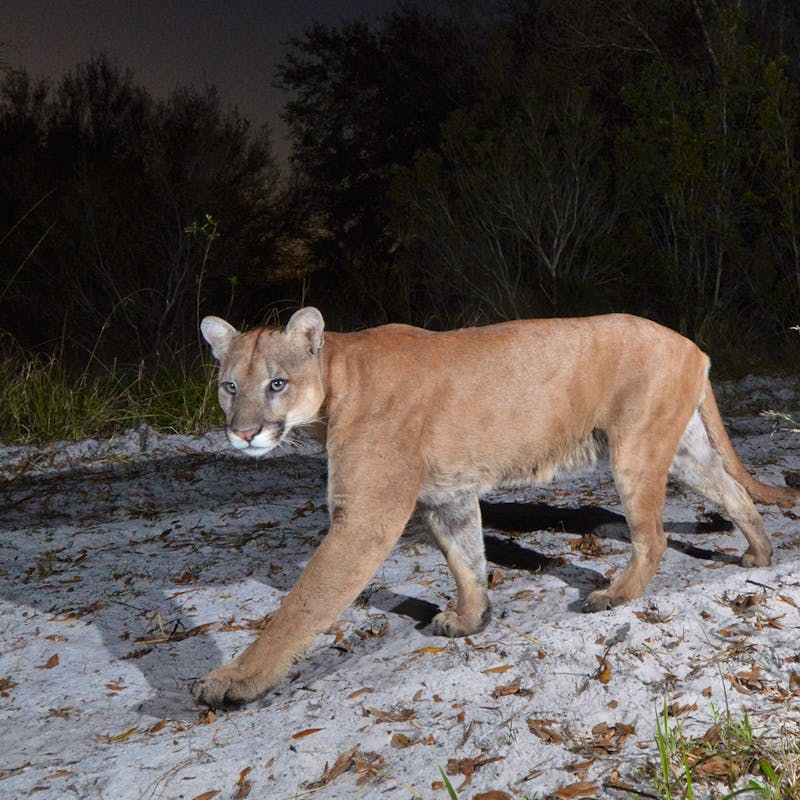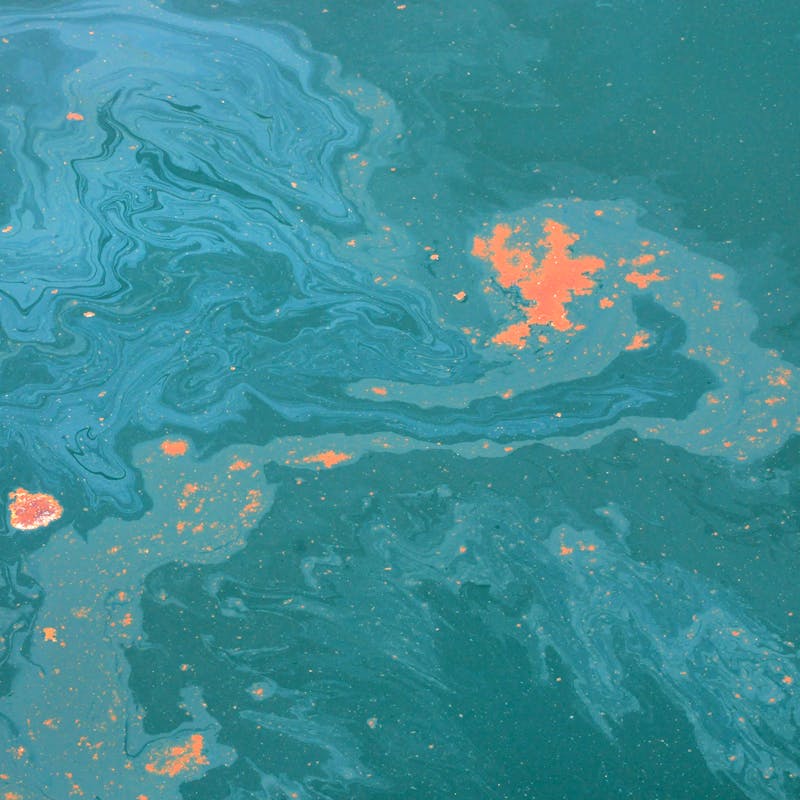 As BP moves into the final stages of drilling a relief well and permanently sealing its Macondo well, it’s tempting to believe the worst of the damage done to wildlife and natural habitats in the Gulf has passed. However, the harm inflicted upon the region’s natural resources are far from over.
As BP moves into the final stages of drilling a relief well and permanently sealing its Macondo well, it’s tempting to believe the worst of the damage done to wildlife and natural habitats in the Gulf has passed. However, the harm inflicted upon the region’s natural resources are far from over.
The coastal wetlands bordering the Gulf of Mexico will feel the impacts of the BP oil disaster far into the future. These wetlands provide vital habitat for a remarkable variety of wild animals—including several threatened and endangered species. They also serve as nurseries for many important commercial species of fish and shellfish, as well as acting as pollution filters, shoreline stabilizers and storm buffers.
The immediate impacts of oil on wetlands can be devastating as it coats and kills roots and leaves. But residual, undegraded oil can persist in marshes for decades, causing lingering harm to plants and animals.





Follow Defenders of Wildlife
facebook bluesky twitter instagram youtube tiktok threads linkedin